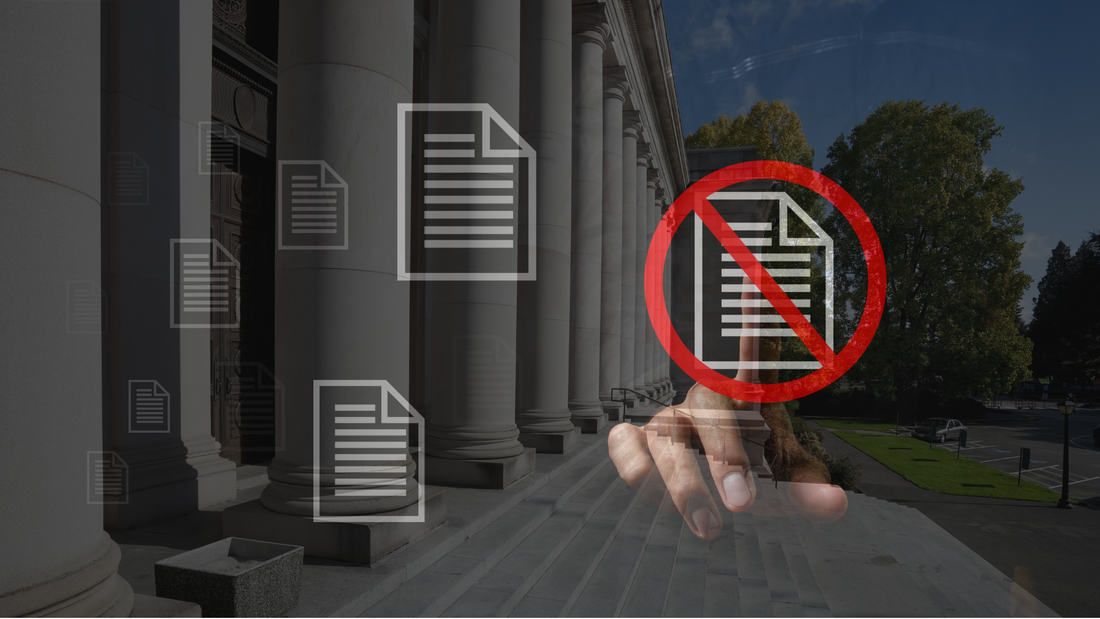|
A bill under consideration in Kentucky would neuter the state’s public records law, limiting access to government documents and shielding state decision-makers from scrutiny in the Bluegrass state.
This latest legislation is part of a larger trend away from public disclosure. Two years ago, Kentucky Gov. Andy Beshear, a Democrat, opposed a provision exempting that state’s legislature from public records requests, calling it a “recipe for secrecy.” He vetoed that bill but was overridden by the legislative majority, which argued that a deliberative body has a unique need for privacy. This new bill goes further, however, encompassing boards, commissions, state officials, and local government. This current proposal exempts drafts, notes, correspondence with private parties, preliminary recommendations, personal communications conducted on government devices, any communications related to personal opinion, and – glaringly – information stored on a personal device. Want to make sure the public doesn’t know what government officials are up to? They can simply conduct government business on their smartphones. This bill is a roadmap for avoiding accountability. That Gov. Beshear was overridden by a supermajority comfortable with legislative privacy does not bode well for stopping this latest attempt by Kentucky officials to hide bureaucrats in the bluegrass. All 50 states have some form of public records statute ensuring public access to the reports, memos, and other documents that describe official thinking behind regulatory or political decisions. These laws constitute state-level versions of the Freedom of Information Act, intended to bring the disinfecting rays of sunlight into the oft-opaque inner workings of government. Yet a host of states across the country also exempt large swaths of documents from disclosure. In Massachusetts, Oklahoma, Oregon, and Wyoming, legislatures are entirely exempt from public records laws. In Georgia and Minnesota, they are simply excluded from the definition of an agency subject to freedom of information requests. While some jurisprudence weighs against legislative privilege in favor of public access, there are also good arguments as to why legislatures, specifically, should not have to hand over their deliberative internal communications. When FOIA passed in 1966, Congress was specifically omitted from the definition of an “agency” required to respond to public record requests. As the non-partisan Congressional Research Service summarizes, “applying FOIA to Congress may alter the functioning of the legislative process and implicate certain constitutional provisions, including the Journal Clause (art. I, §5, cl. 3) and the Speech or Debate Clause (art. I, §6, cl. 1).” In other words, a Congressional FOIA could chill legitimate debate and decision-making. The same argument could likewise extend to state legislatures. Whatever one thinks of legislative exemptions to public records requests, bureaucrats and agencies simply should not have the right to expansive non-disclosure as spelled out in the latest Kentucky bill. Should it pass, it will be a near total subversion of the policy underlying the state’s public records law – a fatal blow to any semblance of good governance, transparency, and accountability. Comments are closed.
|
Archives
June 2024
Categories
All
|
ABOUT |
ISSUES |
TAKE ACTION |



 RSS Feed
RSS Feed